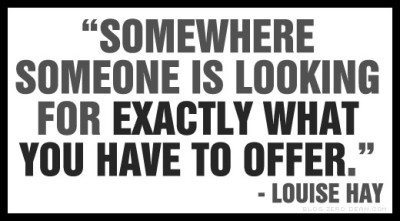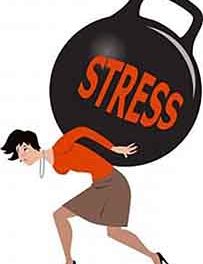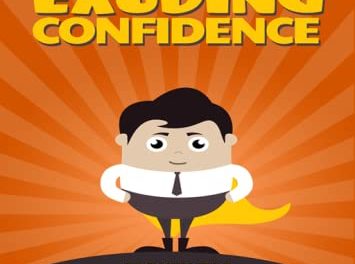The most critical element in the job search is self-esteem. What you think about yourself affects how you feel about yourself and shapes your expectations. Your behaviour follows. If you think you can’t succeed (“no one will want me because I let go. You might feel I’m too old/I’m not educated enough”. You’ll feel defeated by your negative thoughts and expect rejection. And you’ll behave in a way that’s likely to create that result.
Henry Ford once said: “Whether you believe you can or you can’t, you will be right.”
Skills Inventory
Start gathering information about yourself by identifying your skills. Make a list of all the skills you know you have. (That’s product knowledge.) These will fall into three groups: technical skills, transferable skills, and self-management skills.
- Technical skills: These are the skills you most likely learned in a formal training or academic program or through a combination of school, college, and on-the-job training. This group of competencies may be the least useful as you look for work outside your field. Frank’s technical skills in petroleum engineering skills are not in demand in the workplace. These are his least marketable
- Transferable skills: Also called functional skills, these are the skills you have been developing throughout your life. They are interchangeable with almost any work situation.
- 3. Self-Management Skills: Job seekers seem less aware of their self-management skills, but this set of abilities is the decisions influencing most employers.
Your self-management skills communicate your attitude and motivation. These are the skills you have immediate control over and the power to change!
Myth: Get a university degree, and your success is guaranteed. Reality: That was true 30 years ago, but it’s not true today. Often, vocational and community college graduates are as employable as university grads since employers increasingly seek job-ready applicants with specific technical and work content skills.
© Wordscapes® (David Turner). All Rights Reserved.




